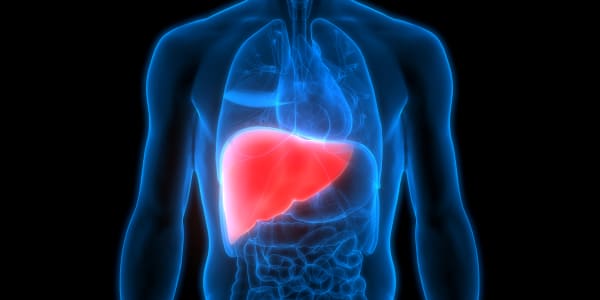Chinese scientists are the first to inject a person with genes edited with the CRISPR-Cas9 method.
The breakthrough could be a "biomedical Sputnik," Nature News reports, referring to the Soviet Sputnik satellite that many say sparked the space race between the Soviet Union and the United States.
Oncologist Lu You at Sichuan University in Chengdu, China, led a team that inserted edited cells into a patient with aggressive lung cancer during a clinical trial. The details are not being released to preserve the patient's privacy, but Lu said the trial, "went smoothly," the report said.
Experts say the CRISPR method is an easier and quicker form of genetic modification, allowing researchers to replace bits of genetic code with a kind of speed and precision unseen in other forms of genetic modification.
The method holds potential for new developments in numerous fields, from medicine to agriculture. But there also are concerns over the ethics of altering genomes, particularly human ones. The Chinese trial earned approval from an ethics board at the West China Hospital in Chengdu, where the procedure was performed.
A U.S. trial scheduled for 2017 will use CRISPR-edited genes to target various types of cancers, Nature noted.
"I think this is going to trigger 'Sputnik 2.0', a biomedical duel on progress between China and the United States, which is important since competition usually improves the end product," Carl June, an immunotherapy researcher at the University of Pennsylvania in Philadelphia, told Nature News.





